Wild birds are a beautiful sight to see, and it’s always a joy to watch them in their natural habitats. However, sometimes we come across injured birds who need our help. Caring for injured wild birds can be a challenging task, but it’s essential to understand what to do and when to intervene.
When to Intervene
It’s essential to understand when to intervene when it comes to injured wild birds. Not all injured birds need our help, and some may recover on their own. However, some injuries require immediate attention. Here are a few signs that indicate a bird needs your help:
- The bird is unable to fly or move
- The bird has a visible wound
- The bird is bleeding
- The bird is shivering or looks weak
- The bird is being attacked by other birds or animals
- The bird is a baby bird that has fallen out of its nest
If you notice any of these signs, it’s essential to intervene and help the bird in need.
What to Do
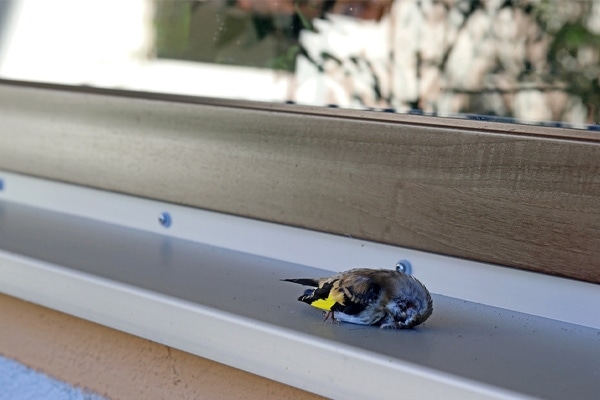
If you’ve decided to intervene and help an injured bird, here’s what you can do:
- Approach the bird slowly and calmly. Avoid making any loud noises or sudden movements that may scare the bird.
- Wear gloves to protect yourself from any injuries that the bird may cause. Some birds may feel threatened and try to bite or scratch.
- Place the bird in a cardboard box or a pet carrier with air holes. You can also use a towel or a blanket to cover the box to keep the bird calm and reduce stress.
- Keep the bird warm by placing a heating pad on low under the box or by placing a hot water bottle wrapped in a towel next to the bird.
- Contact a licensed wildlife rehabilitator or a local animal rescue center. They will be able to provide you with further instructions and guidance on how to care for the bird.
Things to Avoid
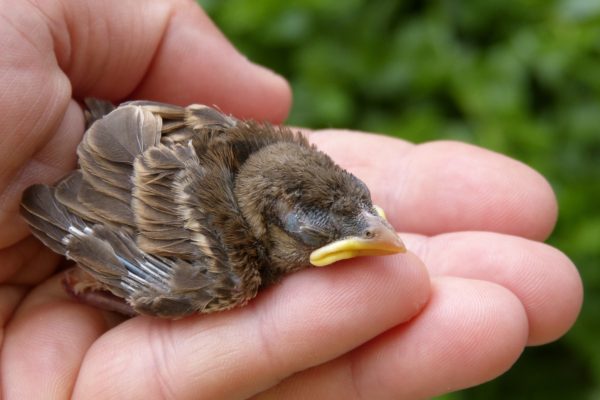
When caring for injured wild birds, there are a few things you should avoid:
- Do not attempt to feed the bird without consulting a wildlife rehabilitator first. Feeding the wrong food can cause more harm than good.
- Do not give the bird water without consulting a wildlife rehabilitator. Some birds require a specific type of water, and giving them the wrong water can be harmful.
- Do not handle the bird more than necessary. Handling the bird too much can cause stress and anxiety, which can be harmful to the bird.
- Do not release the bird without consulting a wildlife rehabilitator. The bird may require medical attention or care before it can be released back into the wild.
Caring for injured wild birds requires patience, compassion, and knowledge. It’s essential to understand when to intervene, what to do, and what to avoid. By following these guidelines, you can help injured birds and ensure they receive the care they need to recover and return to their natural habitats.

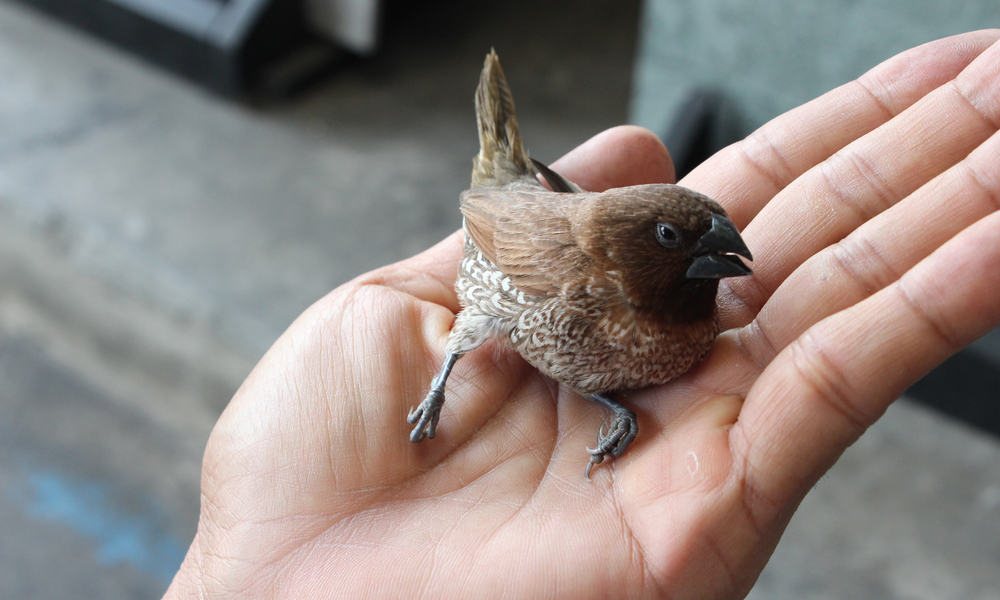
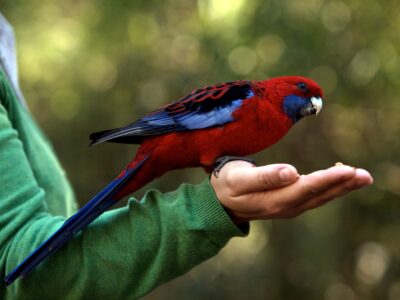
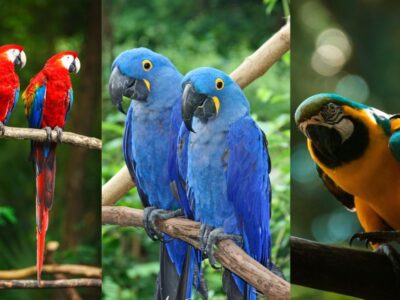
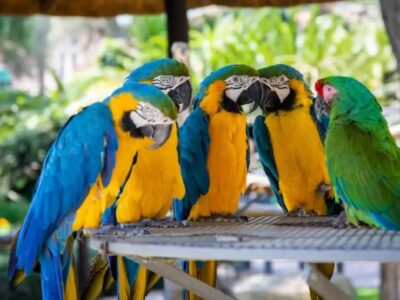
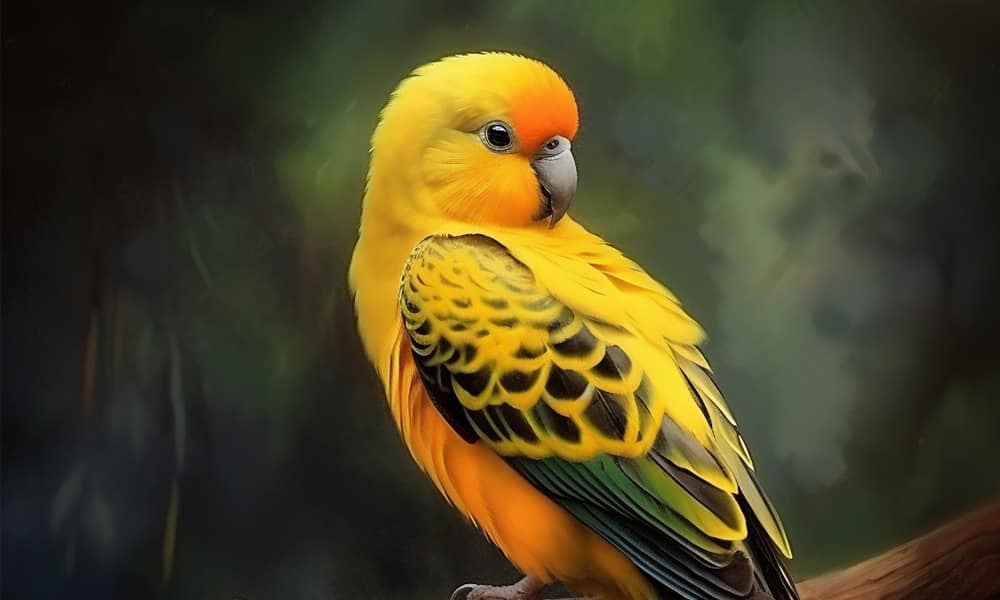
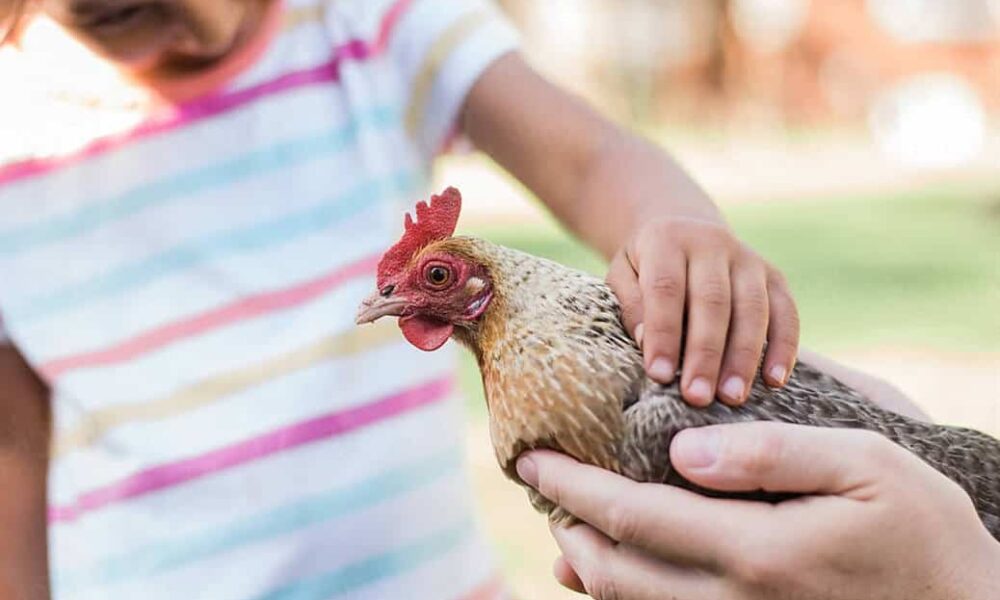
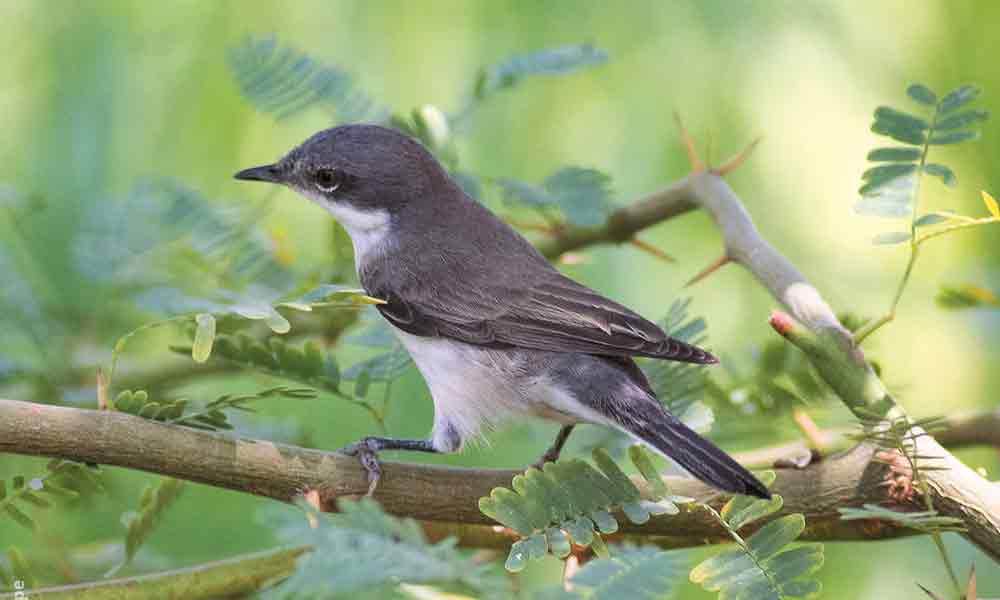
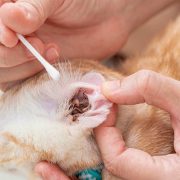


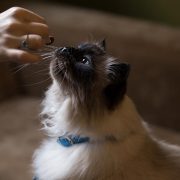

Comments